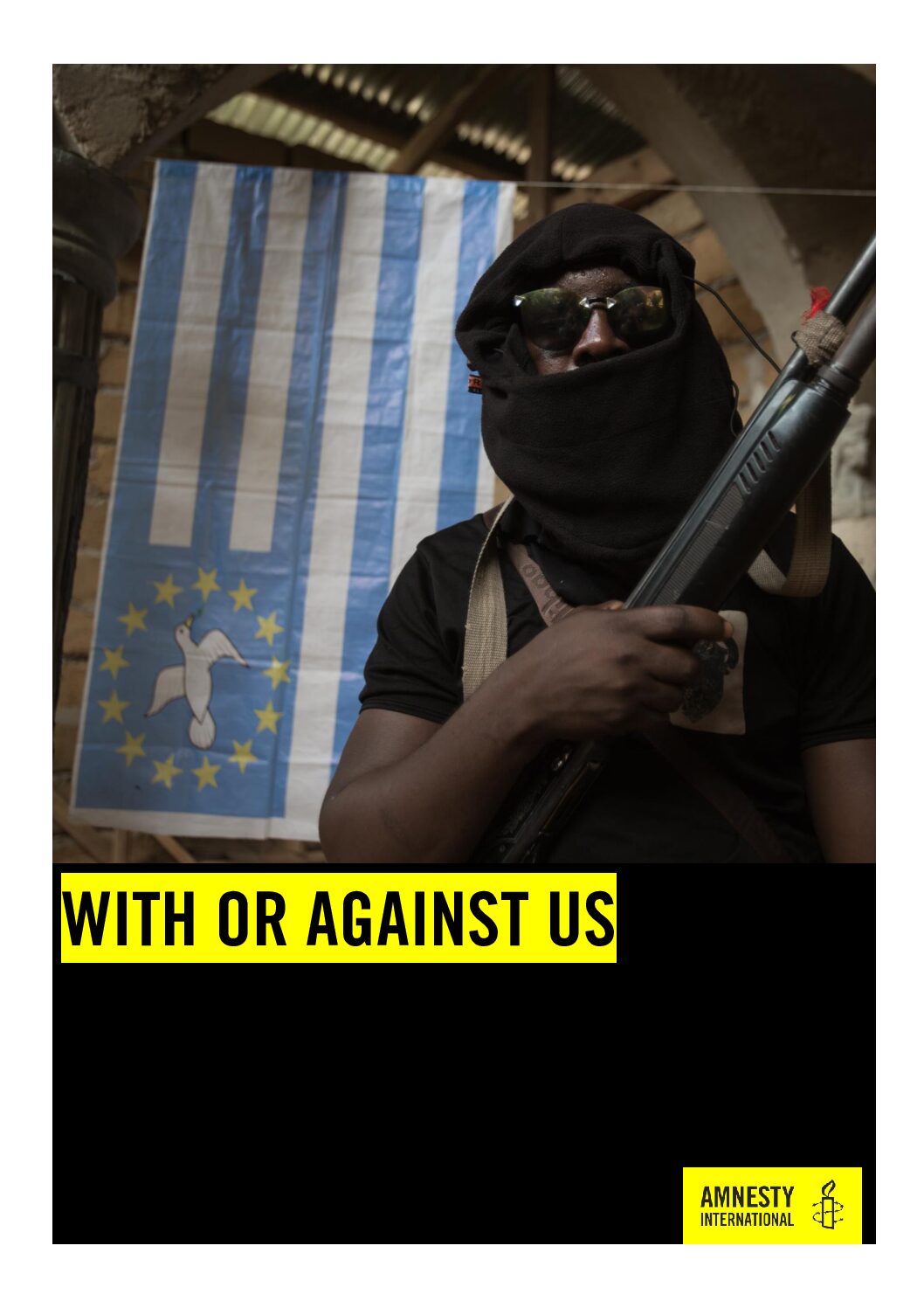Cameroon: Five Years Later, No Justice for the Victims, the Ngarbuh Massacre of 14 February 2020 constitutes crimes against humanity
5 min read
On February 14, 2020, a catastrophic and painful incident occurred in Ngarbuh, a village in Cameroon’s North-West Region. Cameroonian soldiers, accompanied by an armed Fulani group raided the Ngarbuh village, resulting in the deaths of at least 21 civilians, including 13 children and a pregnant woman[1]. The Cameroon soldiers and Fulani Ethnic armed group equally burned and looted homes, leaving the community in destruction. This article highlights the account of the horrible incident in relation to acts of crimes against humanity as defined by the 1998 Rome Statute of the International Criminal Court (ICC).
The Horrible Incident: The Ngarbuh massacre took place during the ongoing Anglophone Conflict in the Northwest and Southwest Regions of Cameroon between armed separatists and Cameroonian Soldiers. The conflict has led to serious human rights violations and atrocities committed by both parties to the conflict. On the night of February 13, 2020, a group of approximately 10 to 15 Cameroonian soldiers, including members of the elite Rapid Intervention Battalion, and at least 30 armed Fulani entered Ngarbuh raided the Ngarbuh neighbourhood and by early morning on February 14, in one neighborhood of Ngarbuh, they killed 21 civilians in four homes and set the houses on fire[2].
According to Human Rights Watch, soldiers shot the victims, including children, as they attempted to escape[3]. Some of the bodies were found burned inside their homes. Five houses were burnt in the process and pillaged numerous other properties.
However, the Cameroonian government initially denied that the security forces were responsible for the massacre while describing allegations against them by numerous civil society organizations and the media as fake. After National and International pressure, in March 2020, Cameroonian authorities established a commission of inquiry, which found that the military attempted to cover up their actions and identified three security force members as responsible for the killings. In June 2020, the government announced that the three had been arrested and charged with murder[4].
In December 2020, a trial opened before a military court in Cameroon’s capital Yaoundé, marking an important step towards accountability for the massacre. However, the trial has dragged on and been marred by irregularities according to Human Rights Watch[5]
Crimes against Humanity: The 1998 Rome Statute of the International Criminal Court defines crimes against humanity as certain acts committed as part of a widespread or systematic attack directed against any civilian population, with knowledge of the attack. These acts include murder, extermination, enslavement, deportation, imprisonment, torture, rape, and other inhumane acts causing great suffering or serious injury to mental or physical health[6]. Therefore, the Ngarbuh massacre meets several criteria for crimes against humanity as outlined in the Rome Statute:
Murder: The deliberate killing of 21 civilians, including 13 children and a pregnant woman, constitutes murder. The systematic nature of the attack, targeting civilians, aligns with the definition of crimes against humanity. The act was committed with no confrontation from the other party.
Extermination: The large-scale killing of civilians, particularly vulnerable groups such as children and pregnant women, can be classified as extermination. The intent to destroy a part of the civilian population is evident in the actions of the attackers. A pregnant woman and children were killed during the Ngarbuh Massacre
Persecution: The attack on Ngarbuh was part of a broader pattern of violence against the Anglophone population in Cameroon. The targeting of civilians based on their ethnicity and perceived support for separatist fighters constitutes persecution. This attack was carried out against the people of Ngarbuh because they largely believed that the inhabitants of the community were harboring separatist fighters.
Other Inhumane Acts: The burning of homes, looting of properties, and beating of civilians are inhumane acts that caused great suffering and serious injury to the mental and physical health of the survivors.
In conclusion, the Ngarbuh massacre is a stark example of the atrocities committed during the Anglophone Conflict in Cameroon. The deliberate targeting of civilians, including children and a pregnant woman, and the systematic nature of the attack align with the definitions of crimes against humanity as outlined in the 1998 Rome Statute of the International Criminal Court. It is imperative that the international community holds the perpetrators accountable and ensures justice for the victims and their families.
[1] https://reliefweb.int/report/cameroon/trial-cameroon-village-massacre-drags
[2] https://www.hrw.org/news/2020/02/25/cameroon-civilians-massacred-separatist-area
[3] [3] https://www.hrw.org/news/2020/02/25/cameroon-civilians-massacred-separatist-area
[4] https://www.aljazeera.com/news/2020/6/11/three-cameroon-soldiers-charged-with-murder-for-village-massacre
[5] https://www.hrw.org/news/2025/02/14/cameroons-massacre-victims-wait-justice-five-years
[6] https://www.icc-cpi.int/publications/core-legal-texts/rome-statute-international-criminal-court
Berinyuy Cajetan is the founder and publisher of Human Rights and Legal Research Centre (HRLRC) since 2017. He has intensive experience in strategic communications for Civil Society Organizations, campaign and advocacy, and social issues. He has an intensive experiencing in human rights monitoring, documentation and reporting.
Berinyuy Cajetan is the founder and publisher of Human Rights and Legal Research Centre (HRLRC) since 2017. He has intensive experience in strategic communications for Civil Society Organizations, campaign and advocacy, and social issues. He has an intensive experiencing in human rights monitoring, documentation and reporting.






